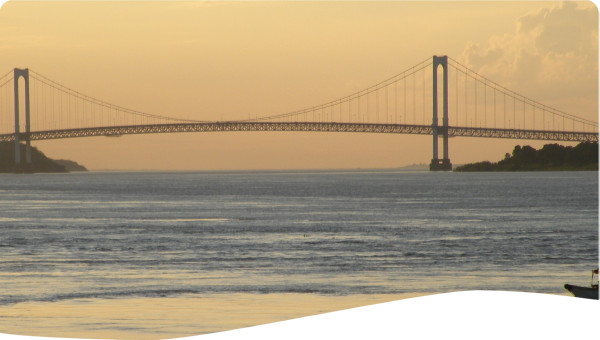Shared water resources remain the most important area without a universal treaty regulating the uses and protection of such resources. This is notwithstanding the extensive work of two scholarly non-governmental organizations, the Institute of International Law and the International Law Association, as well as the work of the International Law Commission of the United Nations. The work of those institutions resulted in some basic international water law rules, such as the Helsinki and Berlin Rules, and the United Nations Watercourses Convention. The paper analyzes those instruments, discusses the basic areas of similarities and differences among them, and examines the basic challenges facing international water law.
Description / Abstract
Publication year
Thematic Tagging
English
 Resource -
Resource -
